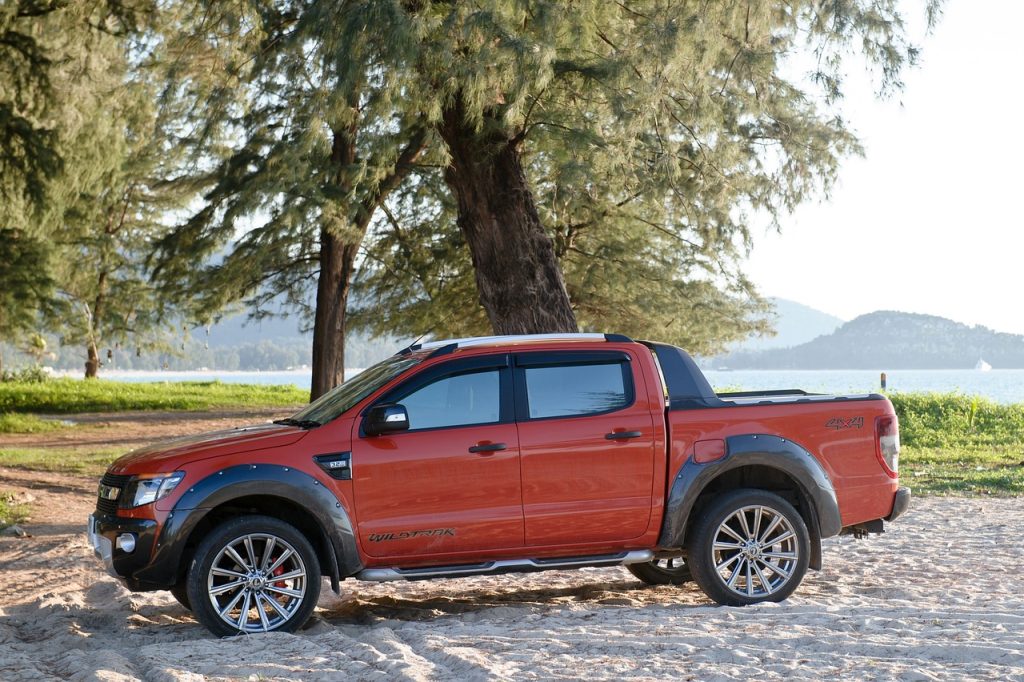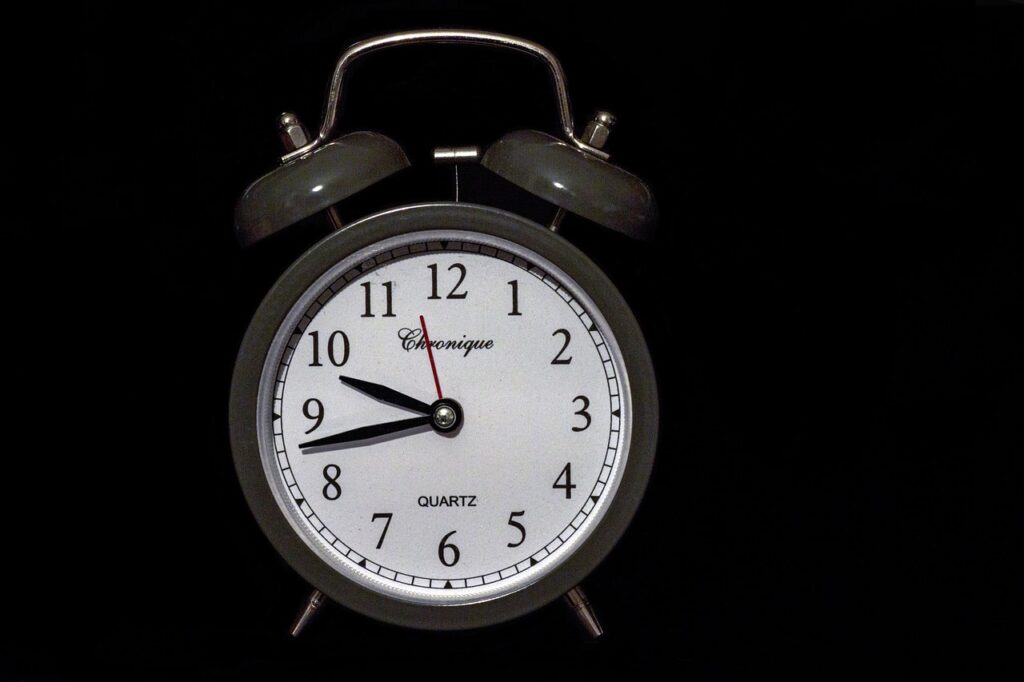Conventional approaches to work and earning an income are changing and with the cost of living ever rising, many now use various ways to make some extra cash outside of their main job. If that’s true of you then you may wonder whether you need to pay tax on those earnings.
What’s your side hustle situation?
I’m buying or making things to sell: If you sell things you make (including digital creative products), upcycle furniture to sell, or buy items to resell at a higher price, then HMRC would consider you to be trading.
I’ve got a side gig: Side gigs vary but might include providing car repairs, making deliveries, dog walking, gardening or tutoring. Although this work may be done in your spare time, if it’s regular and carries on for a few months, HMRC would consider it to be trading.
I work for myself doing multiple jobs: If you’re earning a living from doing several different jobs then you could be trading and need to register as a sole trader.
I’m a content creator or influencer: What may have started as a hobby could have become an earner for you. For instance, if you get paid to do sponsored social posts for a brand, or you get ad income from your online videos or blog, then HMRC will consider you to be trading.
What do I need to tell HMRC?
If you earn £1,000 or less in a tax year then you won’t pay any tax on it. Note that this £1,000 limit is a single allowance that applies to your combined trading income; if you have multiple side-hustles you don’t unfortunately get an allowance for each type of income. If you earn more than £1,000 you need to tell HMRC and may need to pay tax.
There is an urban myth that if you sell less than 30 items a year you do not need to pay tax, however this is incorrect. This originates from the fact that online platforms have to share some information with HMRC if you sell more than 30 items in a year. However, it is the amount of income earned, not the amount of items sold that triggers a tax liability. The key question is whether you have earned more than £1,000.
What if my side hustle is property rental?
It could be that you run a holiday let, rent a spare room, or rent out a property through an app, and depending on your situation, there are different rules to follow.
If you rent out your spare rooms, that may be covered by the £7,500 rent a room scheme allowance, meaning you do not have to pay tax until your rental income exceeds £7500. If it’s a property that you don’t live in that you rent out, there is a property allowance of £1,000. If the income you receive is more than that then you may need to pay tax on it.
It’s worth noting that you can use the £1,000 trading allowance as well as the rent a room scheme and property allowance in order to reduce your tax liabilities.
If you need help working out whether you need to pay tax on your side hustle, please give us a call. We would be happy to help you!




